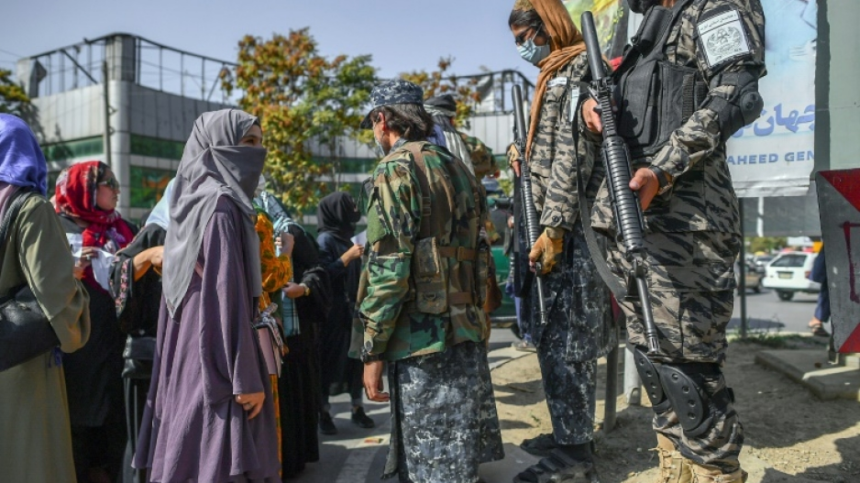RASC News Agency: According to Forbes Magazine, the suspension of U.S. funding and the cancellation of refugee visas have placed Afghanistani women at risk of being forcibly returned to Afghanistan a country where women are subjected to extreme gender apartheid. In January of this year, the Trump administration halted the issuance of refugee visas, effectively cancelling all asylum applications to the U.S. This decision affected nearly 1,660 Afghanistani nationals, including many women and girls who, upon their return, would face serious and imminent threats to their safety.
In April, it was revealed that thousands of Afghanistani individuals eligible for temporary protected status would lose this status in May, rendering them vulnerable to deportation. Reports in March indicated that over 80 Afghanistani women, studying in Oman with U.S.-funded scholarships, may lose their financial support and be compelled to return to Afghanistan. These women, enrolled in master’s and doctoral programs under the “Women’s Scholarship” initiative, were part of a U.S. government program launched in 2018 to support the education of women in STEM fields (Science, Technology, Engineering, and Mathematics). By the end of February 2025, these 80 women were notified that their scholarships would expire, compelling their return to Afghanistan. The U.S. State Department later confirmed that this financial support would be terminated on June 30, 2025.
These developments have sparked profound anxiety among these women. Afghanistan now stands as the only country globally where women and girls are systematically denied their fundamental human rights and excluded from every facet of societal life. In the past three years, the Taliban has issued numerous decrees banning Afghanistani women and girls from engaging in any activities outside the home, including education, employment, travel without a male guardian, and visiting public spaces such as parks. Despite the Taliban’s repeated assertions that they are working to resolve the issue of women’s education, there has been no significant progress in over three years. Meanwhile, the Taliban justifies these prohibitions under their interpretation of Islamic law, stating unequivocally that no change will be made to this policy.
The stringent laws imposed on Afghanistani women and girls are harshly enforced, with those who defy the regime facing threats, physical abuse, imprisonment, and inhumane treatment. Globally, Afghanistani women, supported by human rights advocates and international experts, are calling for the recognition of their situation as gender apartheid a deeply entrenched system of gender segregation and discrimination that aims to maintain male dominance over women in the country. However, Forbes reports that addressing gender apartheid requires comprehensive and decisive action, including pressure from international actors through the severing of diplomatic and economic ties with the Taliban, akin to the global response during the apartheid regime in South Africa.
Forbes further suggests that a comprehensive response should not only focus on diplomatic measures but also include steps to ensure justice and accountability, as well as sustained support for women and girls both within Afghanistan and in the international diaspora. Despite substantial efforts at the international level for justice and accountability, including through the International Criminal Court and the International Court of Justice, aid to Afghanistani women and girls continues to diminish. Many countries have reduced their foreign aid commitments and closed their borders. Forbes concludes: “The time has come to reassess current approaches and ensure that responses are adequate to address this crisis. The present and future of Afghanistani women and girls are at stake.”






